
How to Find an Intermittent Failure Mechanism?
Abstract
Kirk and Fred discussing ways to find intermittent system failures.
ᐅ Play Episode
Your Reliability Engineering Professional Development Site
Author of Accelerated Reliability articles and Next Generation HALT and HASS, plus, co-host on Speaking of Reliability.
This author's archive lists contributions of articles and episodes.

Kirk and Fred discussing ways to find intermittent system failures.
ᐅ Play Episode

Kirk and Fred discussing a real case of product failure for a OEM sub-supplier and determining how to isolate the cause
ᐅ Play Episode
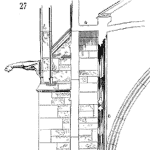
Kirk and Fred discussing the value of getting field failures returned for failure analysis and best practices in determining the causes.
ᐅ Play Episode

Kirk and Fred discussing the relationship between quality and reliability. Quality can lead to a functional failure but sometimes is cosmetic or feel of a product.
ᐅ Play Episode

Kirk and Fred discussing the difficulty of keeping the failure data and details of past failures of products in order to make more reliable products.
ᐅ Play Episode

Kirk and Fred discussing the problem of getting failure data from predecessor products for many companies. Without detailed useful and verified failure data, it is difficult to improve reliability
ᐅ Play Episode

Kirk and Fred discussing the relation of costs versus how much reliability is needed for the design and production of electronics systems
ᐅ Play Episode

Kirk and Fred discussing the issue of quantifying the amount of life there is in solid state electronics with no moving parts.
ᐅ Play Episode

Kirk and Fred discussing the issue of long term reliability, intrinsic wear-out, and the rapid improvement of new features and benefits that motivate retirement of older devices such as in smartphones.
ᐅ Play Episode

Kirk and Fred discussing the long, ever-impending death of the outdated reliability prediction handbook and its progeny.
ᐅ Play Episode
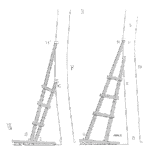
Kirk and Fred discussing the notion that being curious about failures is a key element of being a reliability engineer.
ᐅ Play Episode
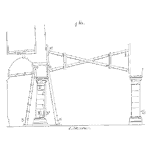
Kirk and Fred discussing the difficulties in sorting out a root cause when it requires a unique sequence of events.
ᐅ Play Episode
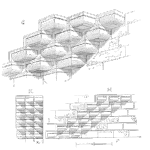
Kirk and Ryan Wanger discussing reliability in pinball machines and the challenge of keeping his many pinball machines operational in the field.
ᐅ Play Episode
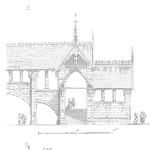
Kirk and Fred discuss the continued use of prediction models in reliability engineering, such as MIL-HDBK 217F or any other models based on the 217 which is last revised in 1995.
ᐅ Play Episode

Kirk and Fred discussing the benefits and limits of using HALT for finding issues with cables and connectors, and common cause for many failures or intermittent operation in electronic hardware.
ᐅ Play Episode